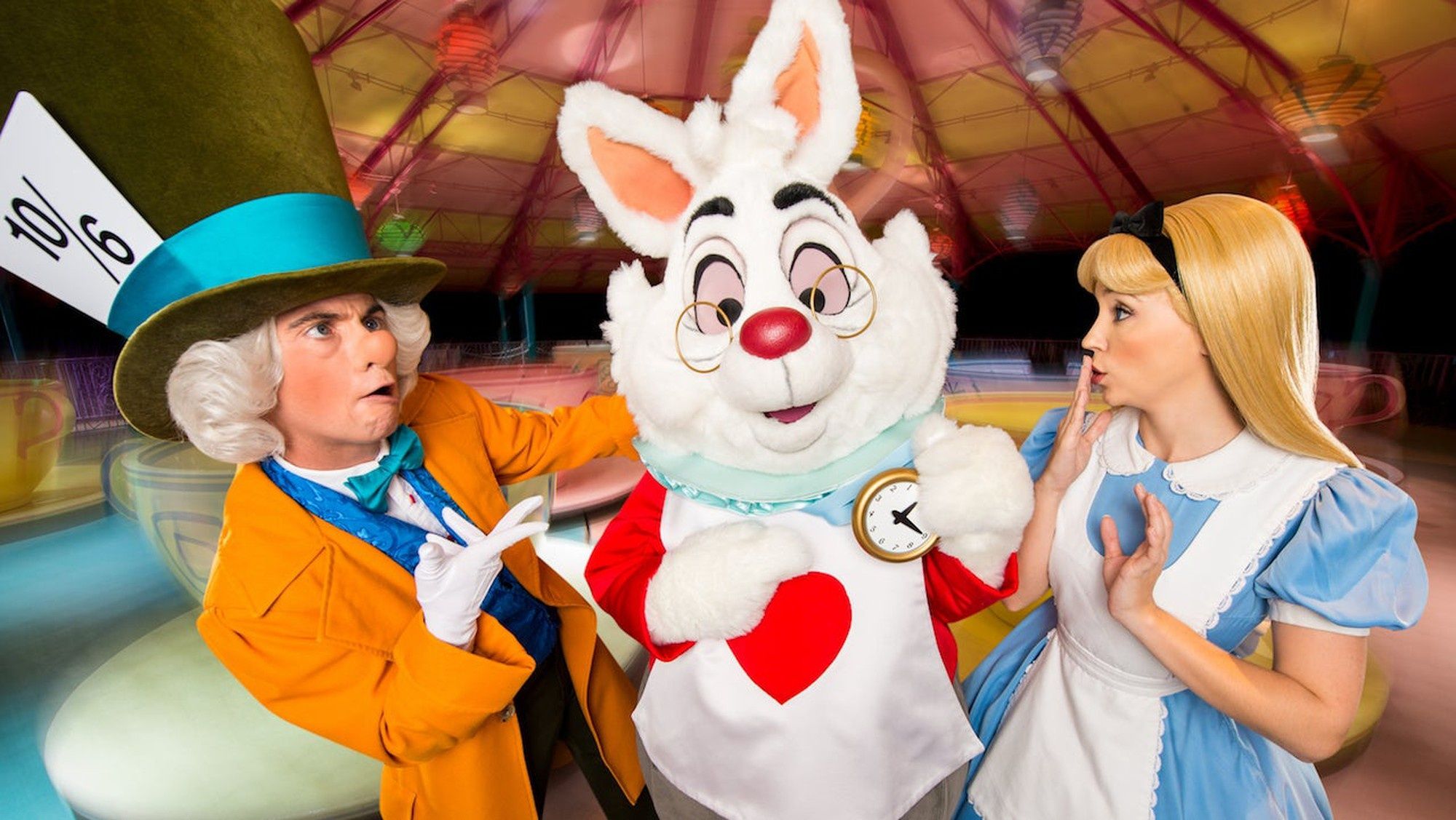Disney's (DIS 0.62%) newest streaming service, Disney+, has quickly become part of the cultural zeitgeist thanks to Baby Yoda. The character from the original series The Mandalorian has been a huge hit, and the series isn't half-bad either.
Disney has seen tens of millions of sign-ups for Disney+ in just over a month after launching the service. And while shows like The Mandalorian have played a key part in driving interest, Disney's back catalog of films has had a bigger influence on early signups, according to a survey from CivicScience last month. 46% of sign-ups said they were most influenced by the movie catalog, versus 19% by the original series. (35% gave equal weight to both.)
And that makes sense. Disney's film library is a known value. Early sign-ups should put greater weight on that content.
But Disney may be unique in that regard. In general, streaming subscribers are interested in originals from the services they're considering. As such, Disney is at a huge advantage for building a subscriber base and scaling its service into the future.

Kevin Mayer, Disney's Chairman of Direct-to-Consumer and International segment. Image source: Disney
Copying Disney's success won't be easy
While much of the focus in the streaming wars has been on originals, it's important not to overlook the value of licensed content. There's a reason Comcast and AT&T (T 2.00%) are spending hundreds of millions on old shows like The Office and Friends. They are known values for consumers, not unlike Disney's film library.
But Disney's library holds unparalleled value for its broad appeal -- specifically with kids -- and the ability to watch it over and over again. Netflix (NFLX 0.15%) content chief Ted Sarandos praised Disney's film library in 2015 as it was preparing to add the studio's film output to the Netflix catalog. "Disney is a solely differentiated brand among movie studios. They have some key franchises with consumers," he said.
Competitors are trying to go after audiences piece by piece. At an investors' conference last month, AT&T management highlighted the idea that HBO combined with Cartoon Network, TNT, and CNN, among other WarnerMedia properties, produces broad appeal. But selling that to consumers isn't as simple as Disney saying you can watch the entire Disney library on Disney+.
One of the biggest factors that drives people to sign up for a streaming service is perceived value. WarnerMedia CEO John Stankey says HBO Max will be worth twice as much as Disney+ because it has twice as much content. But if consumers can't wrap their heads around the value of that content, it doesn't matter how much of it they can stream.
Disney's clear message is what drove people to sign up for Disney+ early and often.
Winning time to build a compelling slate of originals
Disney won't keep up the momentum from its launch without originals. Disney did an excellent job building awareness for Disney+ before it launched. But since Disney's brand is so well understood by consumers, the early success may merely be the result of the decades of work Disney's done to build its brands and create films consumers love.
"Disney's product is wholly understood by consumers and beloved by a certain group of them. People who want it know they want it, and will sign-up quickly," Bernstein analyst Todd Jeunger wrote in a note last month.
In order to keep growing, Disney needs hit originals. Originals are the other big reason consumers sign up for streaming services. In most cases, consumers consider originals above licensed content. That's why Netflix has continuously increased its original content budget year after year in order to attract more subscribers. And it's why a lot of attention is placed on original projects in the streaming wars.
Disney's advantage is that the attractiveness of its film library should give it a strong subscriber base to work from. It can then take the revenue from those subscribers and invest in originals to make its service more attractive to consumers who haven't subscribed yet. That's the model Netflix has used to great success, and it's even been able to raise its prices over time as well. Competitors starting from scratch will have a much tougher time building an audience to support investments in new originals, ultimately leading them to fall further behind Disney.








